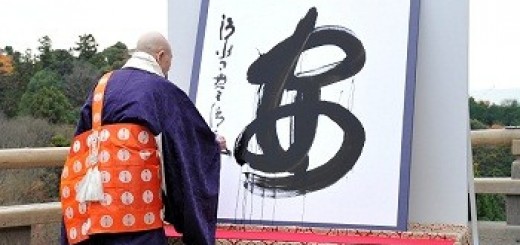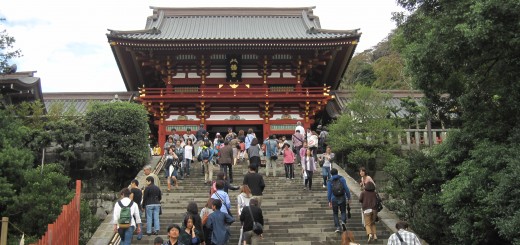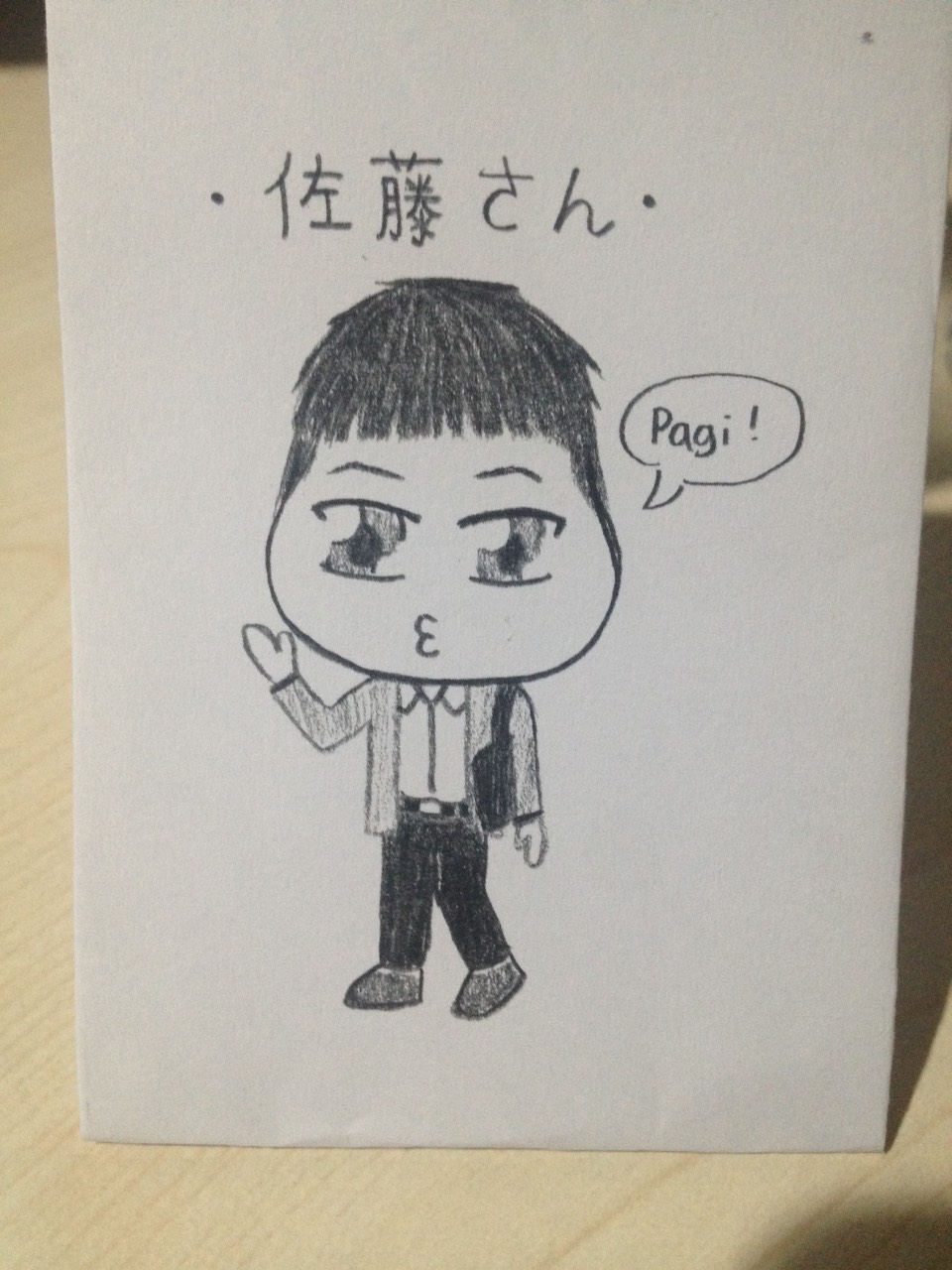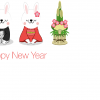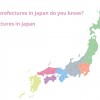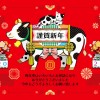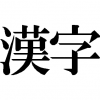Slang in Japanese
There are many slangs in Japanese same as other language.
You may find slang in manga, TV drama and conversation with Japanese.
However, these slangs are not described in textbook though it’s often used in daily life.
In this post, I will explain some useful and frequent slang with meaning and usage.
I selected 10 words/phrases. How many in 13 words/phrases do you already know?
But please take note this is slang not formal words and phrases and if you use them too much, that may give bad impression to others. (People in Japan may feel that person is not well-educated person.)
Also, you cannot find these words and phrases in dictionary as these are newly made and used among people especially younger generation.
めっちゃ (meccha)
Means “very much”.
Short for “めちゃくちゃ(目茶苦茶)” meaning messy.
Please use “めっちゃ” when you want to emphasize your like or dislike.
“めっちゃ、好き” (I love it very much)
“めっちゃ、嫌い” (I hate it very much)
“めっちゃ、疲れた” (I am exhausted)
まじで? (majide?)
Means “really?” or “seriously?”
Please use “まじで?” when you want to ask surprisingly. This phrase can be used in affirmative sentence too.
“それ、まじで?” (Is it seriously?)
“まじで。” (Seriously.)
Also, “まじで” can be used as “very much” same as “めっちゃ” described above.
You can change sentence with “まじで”as below.
“めっちゃ、好き” (I love it very much) ⇒ “まじで、好き”
“めっちゃ、嫌い” (I hate it very much) ⇒ “まじで、嫌い”
“めっちゃ、疲れた” (I am exhausted) ⇒ “まじで、疲れた”
びみょう(bimyo)
Means “not sure” or “it does not reach your expectation slightly”
“この味、びみょうー” ( this taste is not bad but not so good) or (I can not express this taste very well with words)
超 (cho)
Means “very much”
超絶 also same means.
It is used 超 + noun, 超 + adjective.
“超好き” (I like it very much)
“超嫌い” (I hate it very much)
うざい (uzai)
Means “I hate it”, “I keep away from it as I do not like it”
This is often used in conversation with students at school and coworkers at workplace, I think.
Talking about teacher and boss etc.
“あの先生、うざくない?” (I hate the teacher, isn’t it?)
“うざいよねー” (Yes I hate him.)
やばい (yabai)
Means “awesome!” or “oh my god”
This phrase is used in both negative and affirmative sentence.
You should recognize which that means depending on context, nuance and intonation.
“やばい、遅刻しそう” (Oh my god, I am about to be late)
“あのラーメン、(おいしくて)or (まずくて) やばいね” (That ramen shop is (nicely or badly) awesome)
“やばくね?” (it’s tough situation, isn’t it?)
いけてる (iketetu)
Means “cool”
It’s used especially when you give complements to other’s appearance.
“あの服、いけてるね?” (That clothes are cool, aren’t they?)
“うん、まじでかっこいいよね。” (Yes, they are)
イケメン (ikemen)
Means “cool guy” or “good-looking guy”
This comes from “いけてる”
“あいつ、イケメンだよね?” (That guy is good-looking, isn’t he?)
ガチで (gachide)
Mean “earnest”, “in earnest”, “literally”.
This is often used when in competition, battle and game.
“ガチで勝負する” (They will battle in earnest)
むかつく(mukatsuku)
Means “disgusting”
My impression for this phrase is that high school girls often use to criticize teacher same as “うざい”.
“あいつ、まじでむかつくー” (That guy is disgusting!)
萌える(moeru)
This is phrase originally used by otaku. As you may know, otaku is sub-culture mania. They love anime, idol, trains deeply.
This phrase is used when you want to express your love or loyalty to what you adore.
“初音ミクのフィギュアに萌えるおたく” (Otaku who loves Hatsune Miku’s figure doll)
ツンデレ(Tsun dere)
This is difficult a bit but often used in manga.
It is short for “tsun-tsun” and “dere-dere”.
“tsun-tsun” is used when someone shows blunt attitude to others.
On the other hand, “dere-dere” is used when someone shows favorable attitude to other.
So “tsun dere” means someone changes attitude to others by feelings or some important event or situation.
ドン引き(Don biki)
“Don” is used for emphasizing “biki”.
“biki”means throwing wet blanket or make one speechless.
“彼の横柄な態度にみんなドン引きした。” (His arrogant attitude made everyone speechless)
Tips for slang in Japan
Slang in Japan has some characteristics, I think as below.
- Often used by younger generation
- Often used together with other slang like “まじでやばい”, “超やばい” etc
- When often used, it may give bad impression to others. I recommend not using frequently.
- There is trend. Some slang will be no longer used and some new slang will be used instead.
- New slang is made by mainly younger generation by celebrity or from impressive news at that time.
- Meaning sometimes differs depending on nuance, intonation and face expression who is talking.
Related post: How to write Email in Japanese with example
How was this post?
If you like this or feel this is useful, please share on Facebook and retweet on Twitter!
If you wanna join Leo Sensei’s group on Facebook, click Facebook mark on top or bottom and send friend request to me. You can get updated information and ask me freely about Japanese language and culture and so on.

